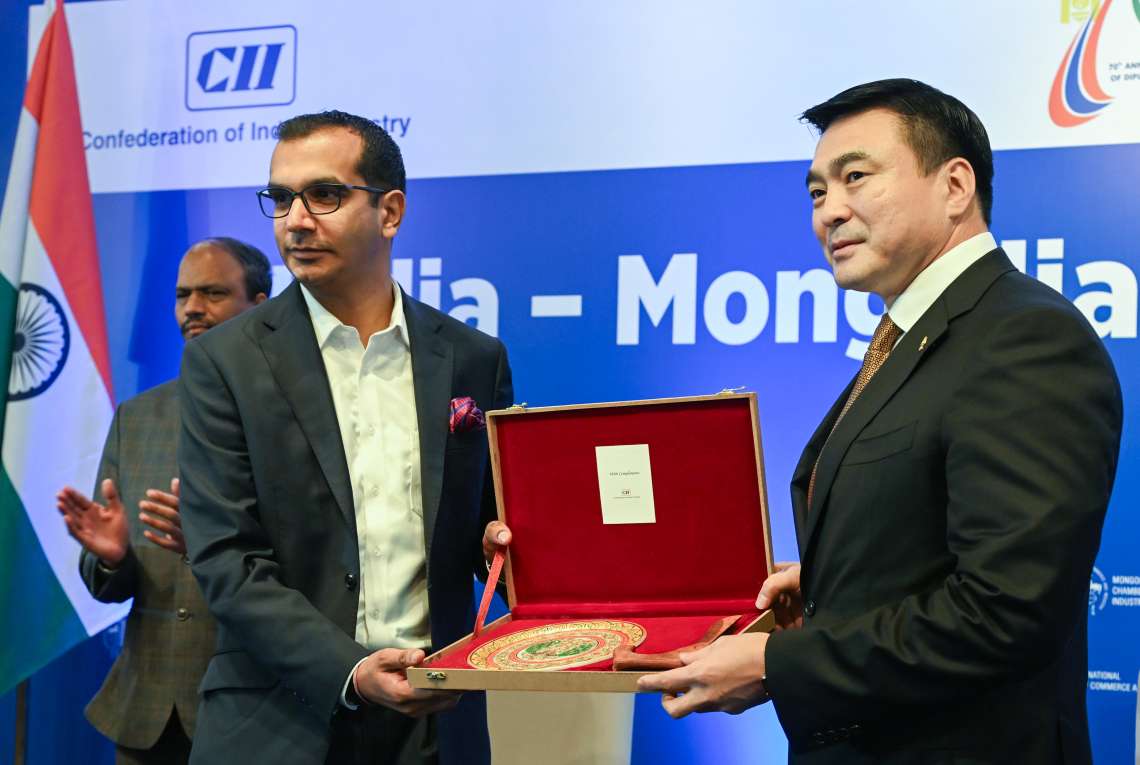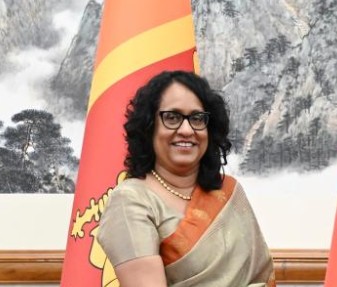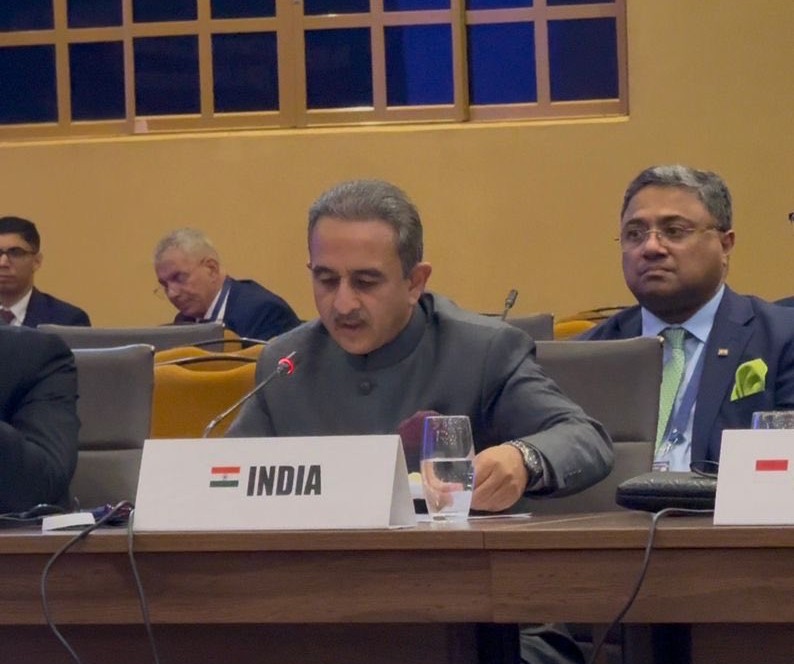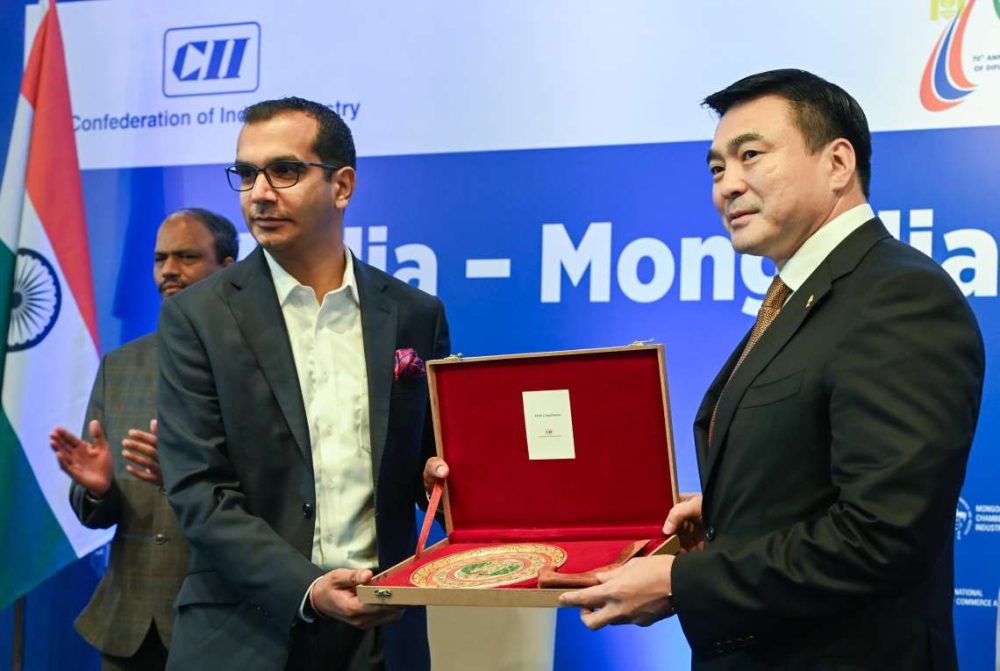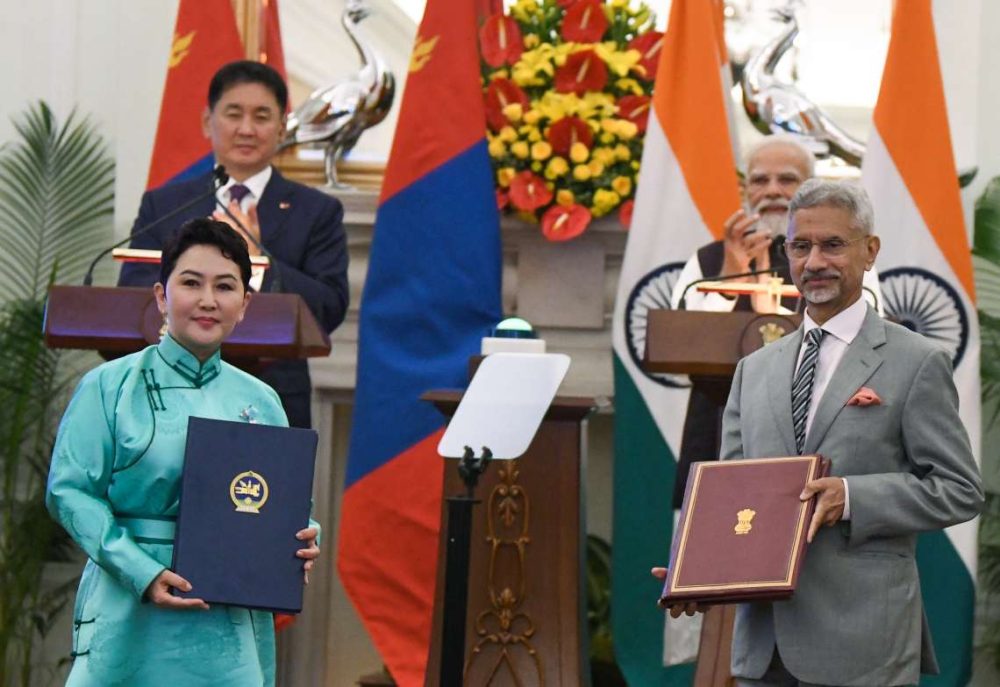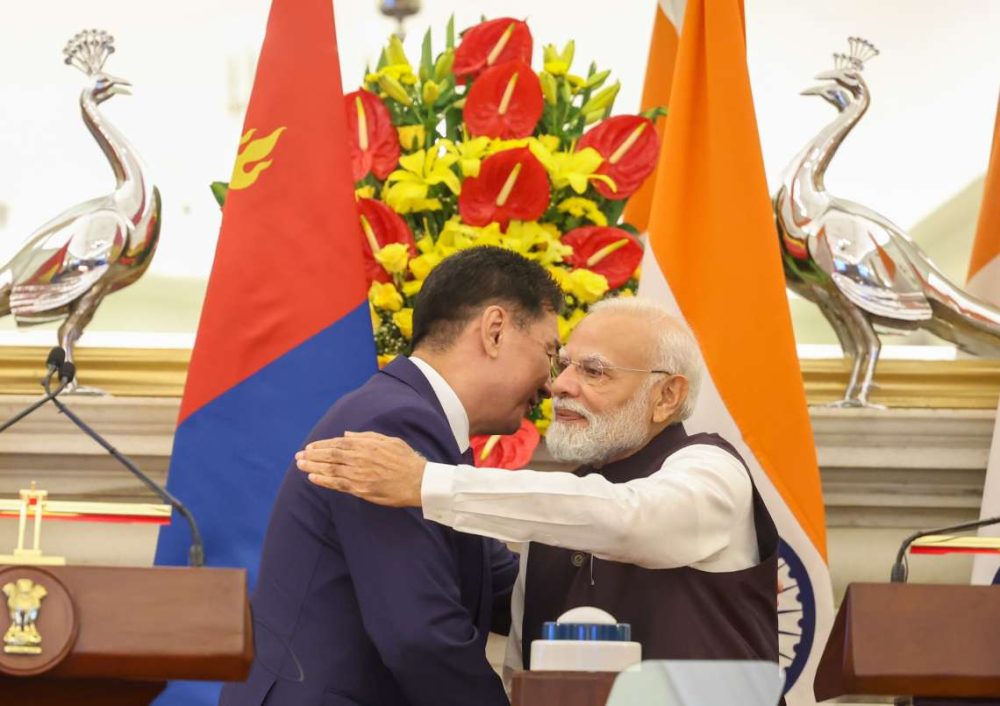Trump threatens tariffs on BRICS nations, calls bloc “an attack on the dollar” during meeting with Argentina’s Milei…reports Asian Lite News
US President Donald Trump has described the BRICS alliance as “an attack on the dollar,” warning that the United States will impose tariffs on countries seeking to join the ten-member economic bloc. Speaking during a bilateral lunch with Argentine President Javier Milei at the White House, Trump asserted his administration’s firm stance on defending the global dominance of the US currency.
“I’m very strong on the dollar, and anybody that wants to deal in dollars, they have an advantage over people that aren’t,” Trump said, according to remarks released by the White House. “I told anybody that wants to be in BRICS, that’s fine, but we’re going to put tariffs on your nation… Everybody dropped out. They’re all dropping out of BRICS.”
The President’s remarks mark his most direct warning yet to nations aligning with the BRICS grouping — originally formed by Brazil, Russia, India, and China in 2009 and later joined by South Africa. The alliance has since expanded to ten full members, adding Egypt, Ethiopia, Iran, the United Arab Emirates, and Indonesia earlier this year.
In his comments, Trump claimed that his threat of tariffs had already had an impact on the bloc’s cohesion. “BRICS was an attack on the dollar and I said, you want to play that game, I’m going to put tariffs on all of your products coming into the US. They said, like I said, we’re dropping out of BRICS… They don’t even talk about it anymore,” he said.

The remarks signal a sharp escalation in Trump’s rhetoric toward emerging economies that have sought to reduce dependency on the US dollar in international trade. Over the past year, BRICS leaders have openly discussed developing alternative payment systems, including potential settlement mechanisms based on local currencies, as part of a broader effort to reform what they describe as the Western-dominated global financial architecture.
Trump has long positioned himself as a staunch defender of the dollar’s supremacy. His administration has frequently linked the strength of the US currency to American economic security and global influence. During his previous comments on the matter, Trump said, “BRICS, which is basically a group of countries that are anti-United States, and India is a member of that, if you can believe it. It’s an attack on the dollar, and we’re not going to let anybody attack the dollar.”
His statement reflects a continuation of his broader “America First” economic agenda, which has included protectionist trade measures and tariffs targeting strategic competitors. Analysts note that Trump’s comments could have implications for Washington’s trade relations with several key emerging economies, particularly India, which maintains active participation in the BRICS forum while also deepening strategic ties with the United States.
India’s balancing act between the two blocs has often drawn scrutiny from Western observers. However, the Indian government has consistently rejected suggestions that its involvement in BRICS signals opposition to the dollar or to its partnership with Washington.
In response to growing international speculation, India’s External Affairs Minister S. Jaishankar clarified the country’s position earlier this year. “Regarding the role of the dollar, we are realistic. We have no issue with the dollar, and our relations with the US are at their best. We have no interest in undermining the dollar,” Jaishankar said, reiterating New Delhi’s commitment to maintaining a pragmatic foreign policy approach.
His statement came amid ongoing efforts by BRICS members to promote financial cooperation and reduce exposure to Western sanctions, particularly after the imposition of sweeping restrictions on Russia following its 2022 invasion of Ukraine. While BRICS leaders have stressed that their economic initiatives are aimed at creating a “multipolar” world order, Washington has often viewed these moves as challenges to the existing dollar-led system.
Trump’s latest warning underscores his determination to deter countries from pursuing de-dollarisation strategies through punitive trade measures. The President’s reference to nations “dropping out” of BRICS could not be independently verified, but his rhetoric appears aimed at dissuading further expansion of the bloc, which has drawn interest from several other developing economies across Asia, Africa, and Latin America.
The United States remains the world’s largest economy and the issuer of the dominant global reserve currency, giving Washington significant leverage over international financial flows. However, the growing alignment of emerging markets through frameworks like BRICS has raised concerns in Washington about the gradual erosion of that influence.
During his meeting with Milei — who has pursued a pro-US stance and advocated for Argentina’s withdrawal from BRICS membership — Trump praised the Argentine leader’s economic reforms and commitment to dollarisation. The White House described the meeting as a “constructive exchange” focused on trade, investment, and shared values.
Trump’s explicit linkage of BRICS membership to US tariffs marks a notable shift in tone from traditional American diplomacy, which has typically avoided direct economic threats tied to multilateral alignments. It also places additional pressure on countries that have sought to balance relations between Washington and Beijing, particularly in the context of growing geopolitical rivalry.
As the BRICS bloc continues to evolve, Trump’s remarks highlight the potential flashpoints between Washington’s trade policy and the global south’s economic ambitions. With more nations exploring alternatives to dollar-based trade, analysts suggest that Trump’s tariff threats could either deter participation or further entrench divisions in the global economy.





